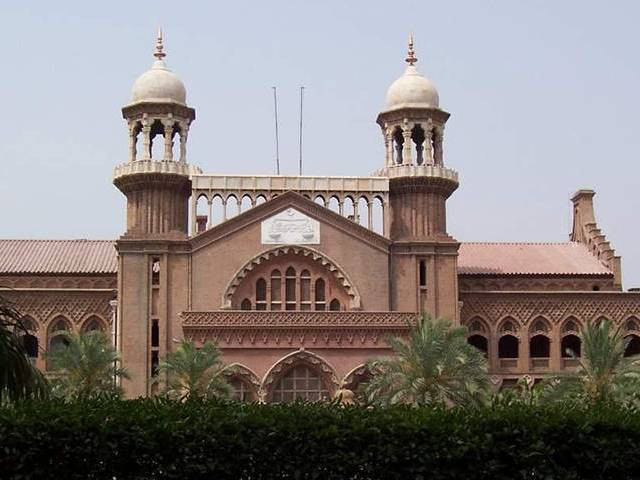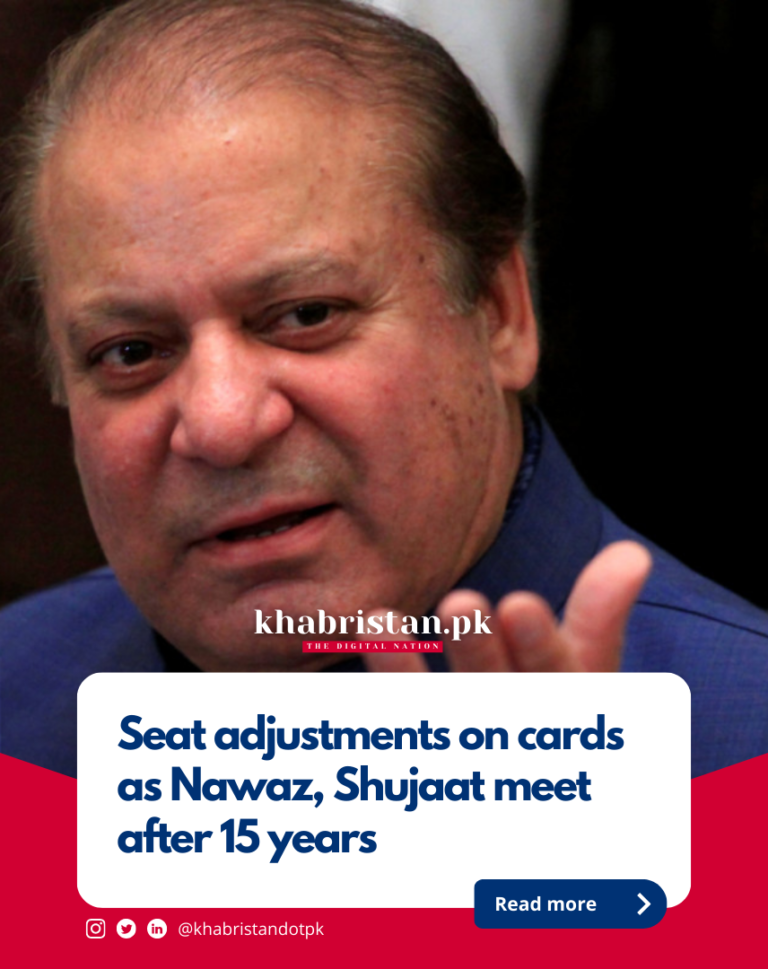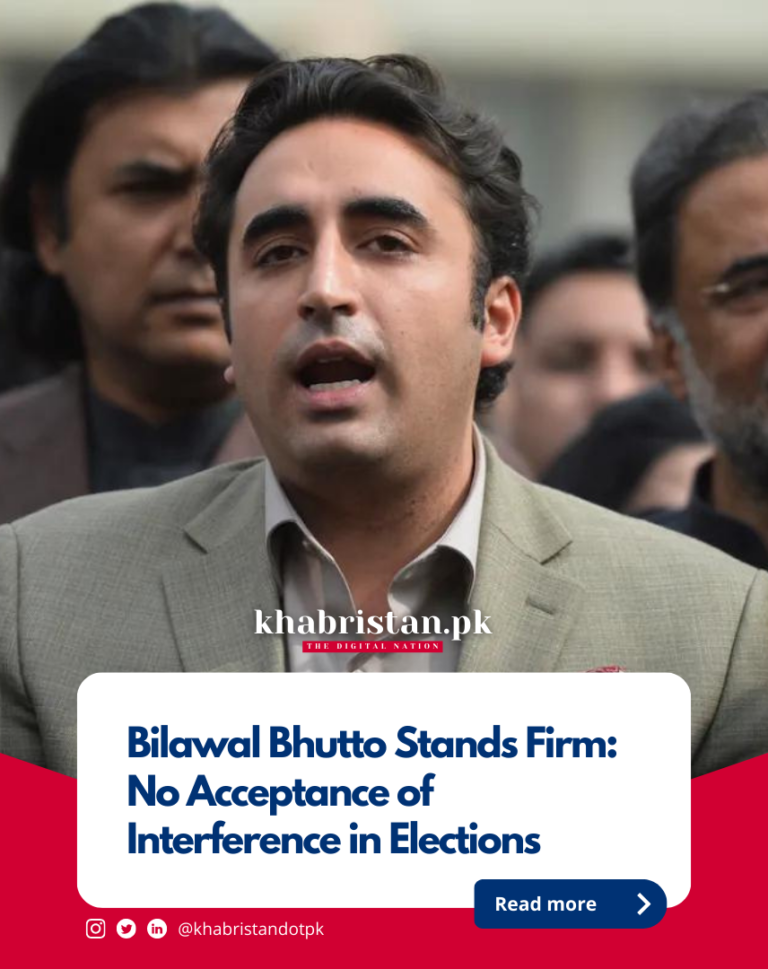In Lahore, the Pakistan Tehreek-e-Insaf (PTI) has contested the decision of the Election Commission of Pakistan (ECP) to appoint officials from Punjab’s bureaucracy for election duties. On Wednesday, PTI’s Additional Secretary General Umair Khan Niazi filed a petition in the Lahore High Court (LHC) through Barrister Abuzar Salman Khan Niazi, challenging the legitimacy of the ECP’s selection of District Returning Officers (DROs) and Returning Officers (ROs) from Punjab’s bureaucracy for the upcoming general elections.

The PTI, including high-profile officials such as the President of Pakistan, Prime Minister, Chief Minister, and the Election Commission itself, has raised concerns about potential bias in the selection process, casting doubt on the impartiality of the forthcoming electoral proceedings. The party argues that the ECP should engage in a consultative process with the Chief Justice of the Lahore High Court for the appointment of judicial officers as DROs and ROs, citing sections 50 and 51 of the Elections Act 2017.
Furthermore, the court is urged to prohibit the ECP from appointing officers from executive authorities while the plea is under consideration, emphasizing the necessity of a fair and unbiased electoral process. Niazi expressed PTI’s concerns about the general elections potentially exceeding the constitutionally mandated period. Despite aspirations for the preservation of democracy, there is widespread skepticism and restrained jubilation among the public, as the elections loom amid what Niazi describes as the harshest crackdown in Pakistan’s history on civil liberties and constitutional protections.
The PTI representative contends that the party has faced a deliberate scheme by caretaker governments, both federal and provincial, to suppress its democratic and nationalist spirit. Highlighting instances in Punjab where Caretaker Chief Minister Mohsin Naqvi allegedly influenced the bureaucracy against PTI, Niazi paints a picture of bias and attempts to eradicate the party from the political landscape.
The allegations extend to the federal government, with claims of heavy-handed treatment since the ‘regime change,’ including political victimization and persecution. Niazi emphasizes the misuse of executive power for prosecution and arrest, asserting a state-sponsored effort to eliminate PTI as a political force.
The PTI’s legal representative underscores the frequent transfer-postings in the bureaucracy by caretaker governments, violating the restrictions on such actions imposed by the Elections Act 2017. Sections 50(1)(b) and 51(1) of the Elections Act, which involve the appointment of government officers as DROs and ROs, are challenged as violative of Article 218(3) of the Constitution. Niazi argues that appointing executive officials as DROs and ROs grants the government an undue and dominant role in the electioneering process, undermining the independent role assigned to the ECP by the Constitution and threatening the constitutional mandate of conducting free, fair, and just elections under Article 218.
The barrister draws attention to the susceptibility of the bureaucracy to executive interference, emphasizing its lack of functional autonomy and institutional security regarding postings and transfers. According to Niazi, the provisions in the Elections Act mandating the appointment of executive officers as DROs and ROs effectively sanction executive interference in the electoral process, violating Article 218(3) of the Constitution.
Specifically, Niazi challenges Section 50(1)(b) of the Elections Act, arguing that its restriction on the appointment of executive officers as DROs to a “list of officers provided by the government or a provincial government” is unconstitutional. He asserts that this restriction not only narrows the selection pool available to the ECP but also relegates the ECP’s role to a secondary nature in the appointment process, granting the government a more dominant function. This, he claims, goes against the spirit of the Constitution and violates both Article 220 and Article 218.
In the plea to the court, Niazi requests the declaration of Sections 50(1)(b) and 51(1) of the Elections Act 2017 as unconstitutional. Alternatively, he prays for the declaration of Section 50(1)(b) as unconstitutional to the extent of the expression “list of officers provided by the government or a provincial government.”








Leave a Comment